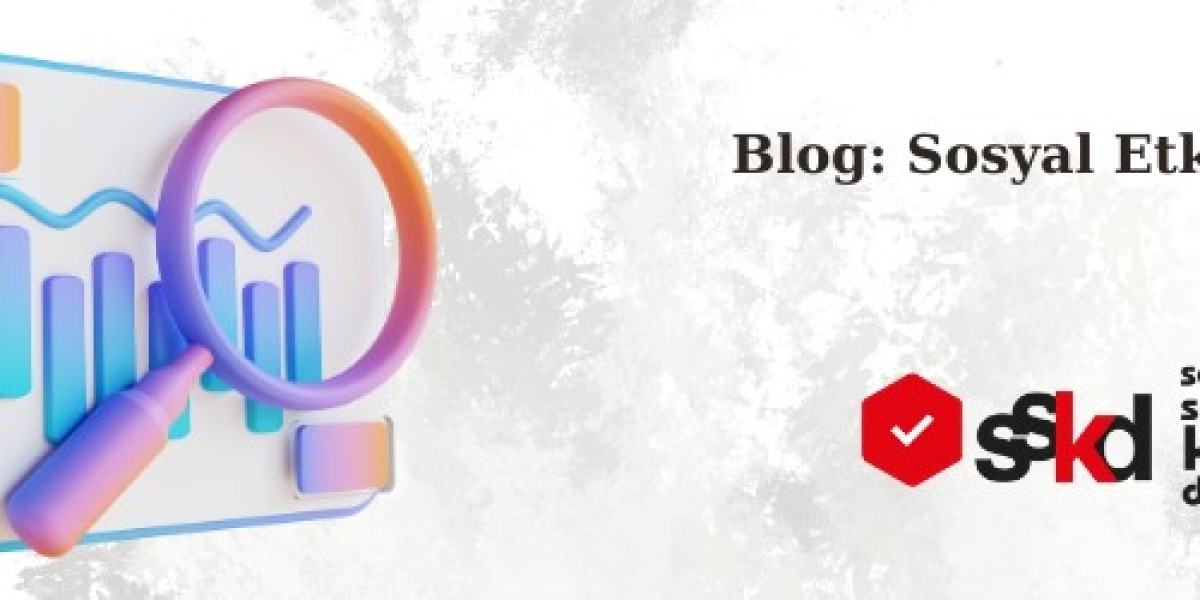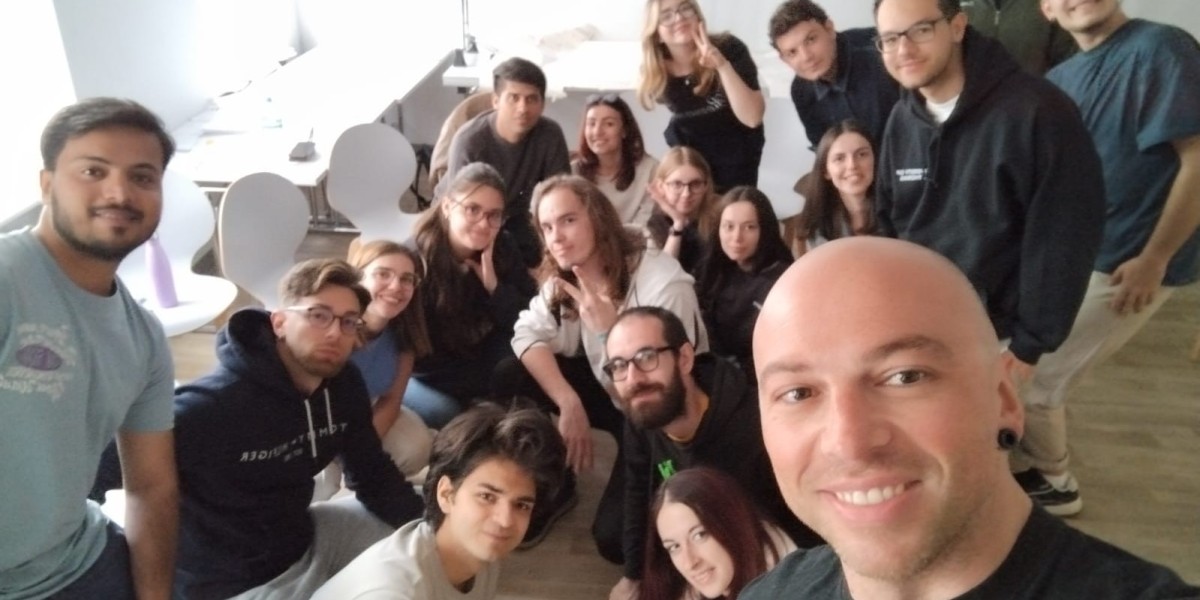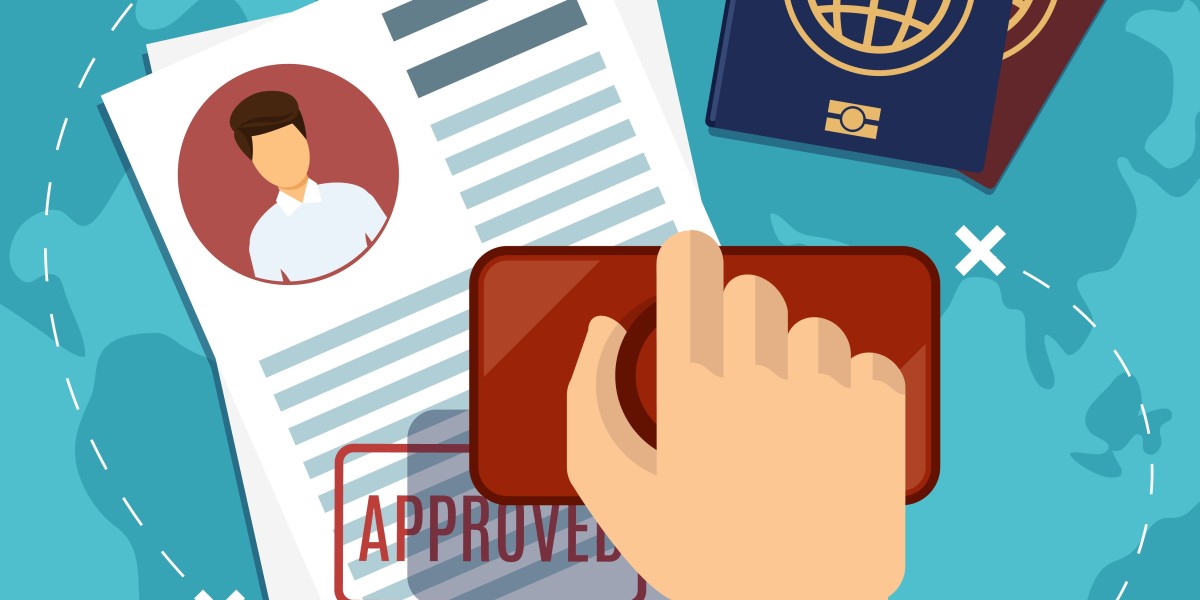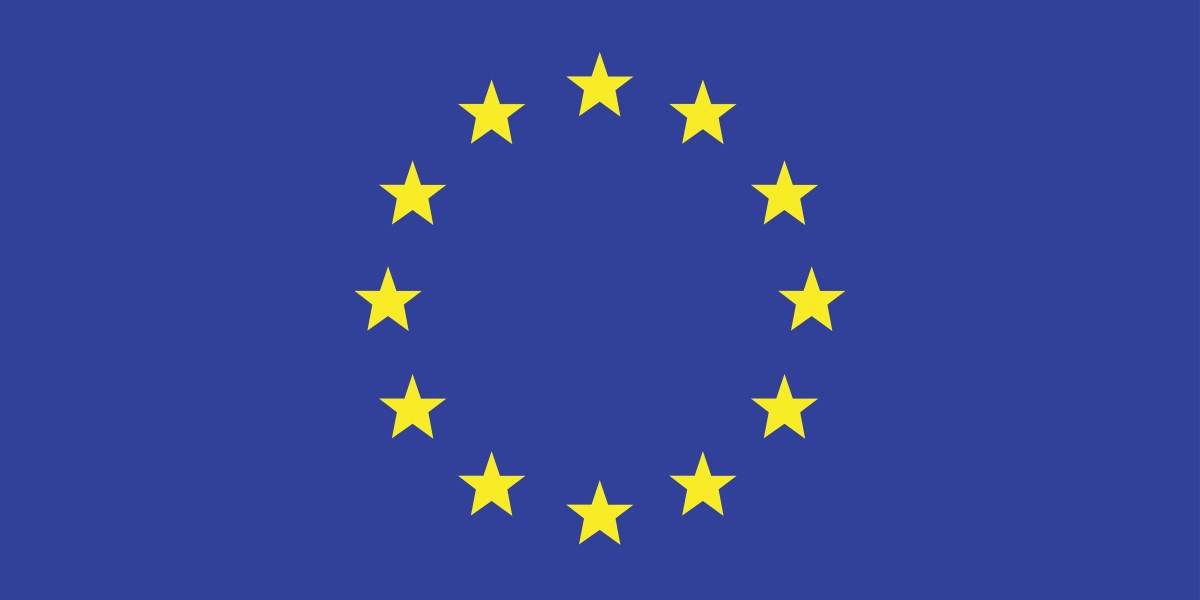Define Your Objectives
Start by clearly defining your academic or research objectives. Are you looking to teach, train, or collaborate on research projects abroad? Understanding your goals will help you select the most suitable Erasmus+ action for your needs.
Identify the Right Partner Institutions
Choosing the right host institution is crucial. Investigate potential partners' academic programs, research areas, and the support they offer to incoming academics. Reach out to colleagues or institutions with prior Erasmus+ experience for recommendations.
Review Eligibility Criteria
Check the eligibility criteria for both you and your host institution. Ensure you meet the academic and administrative requirements, and confirm that the host institution is an eligible partner for your desired action.
Secure Funding
Erasmus+ offers funding opportunities for academic mobility. Investigate the available scholarships, grants, and stipends for academics, and apply accordingly. Be diligent in meeting application deadlines and adhering to specific guidelines.
Prepare Your Application
Compile a comprehensive application that highlights your academic and research achievements. Emphasize how your mobility will contribute to your professional development and to the host institution's academic community.
Visa and Legal Matters
Research the visa and legal requirements for your host country well in advance. Depending on your nationality and the destination, you may need a visa or residence permit. Ensure your travel documents are in order.
Language Proficiency
If your Erasmus+ experience requires proficiency in a specific language, take language courses or tests as necessary. Adequate language skills are essential for effective communication and collaboration.
Cultural Preparation
Familiarize yourself with the culture, customs, and academic traditions of your host country. Learning about the local environment will help you integrate more smoothly and create a positive experience.
Accommodation and Logistics
Plan your accommodation and logistical details. Know where you will stay, how you will get to your host institution, and any other practical matters essential for your daily life during your mobility.
Set Objectives and Expectations
Before departure, set clear academic and personal objectives for your Erasmus+ experience. Communicate your expectations with your host institution to ensure your goals align with their support and resources.
Stay Connected
Maintain connections with your home institution, colleagues, and students. Regular communication can help you stay engaged in academic developments at your home institution and foster collaborations with your host institution.
Make the Most of Your Experience
Once abroad, actively participate in academic and cultural activities. Attend conferences, seminars, and workshops, and engage with local communities to maximize the value of your Erasmus+ experience.
Document Your Experience
Keep a journal or maintain a blog to document your academic and personal experiences. Sharing your insights and reflections can be valuable for your career and inspire others.
Conclusion
Erasmus+ offers a world of opportunities for academics and researchers to enhance their expertise, expand their networks, and contribute to the global academic community. By following this roadmap and embracing the journey with enthusiasm and preparation, you can ensure a successful and transformative Erasmus+ experience that leaves a lasting impact on your academic and personal growth.







